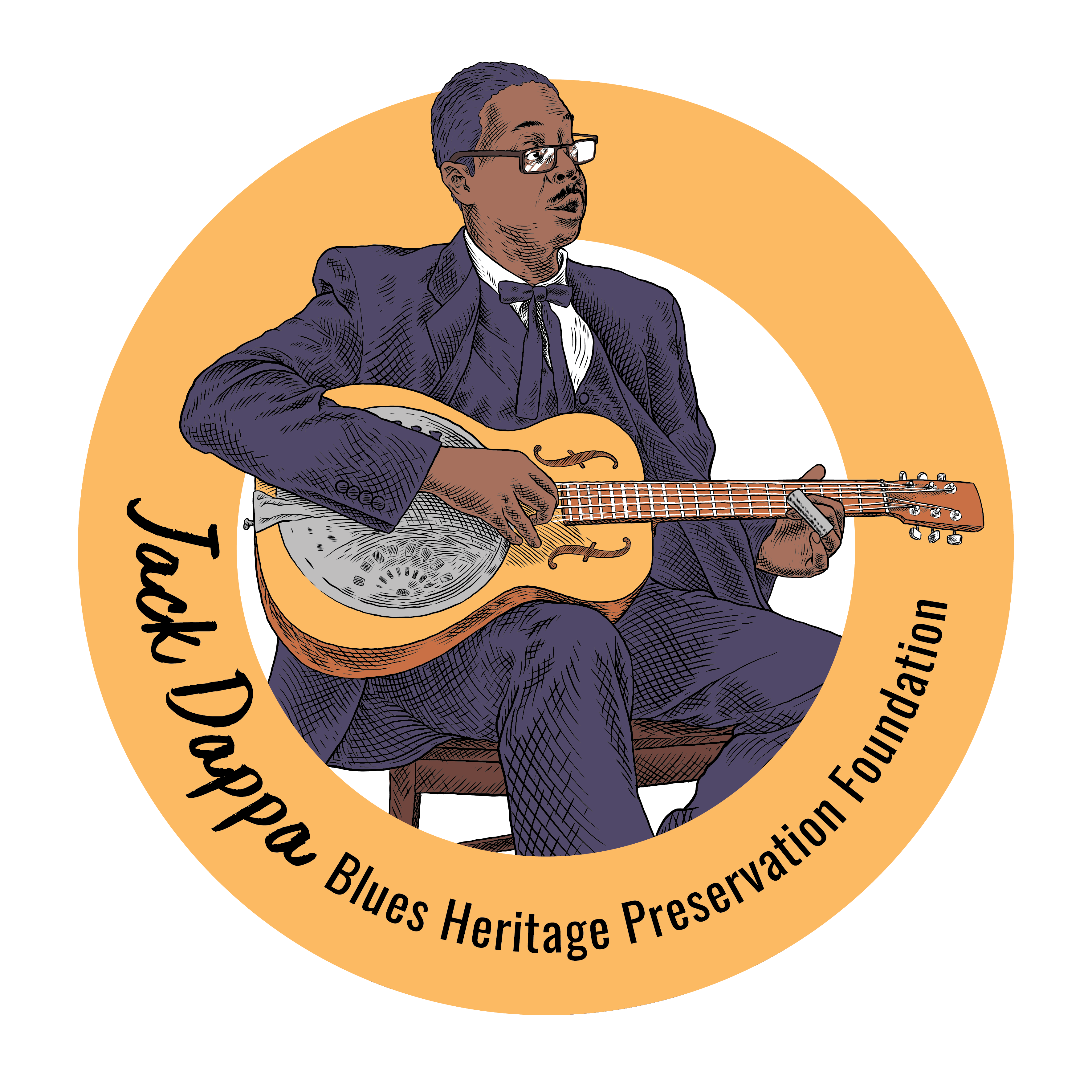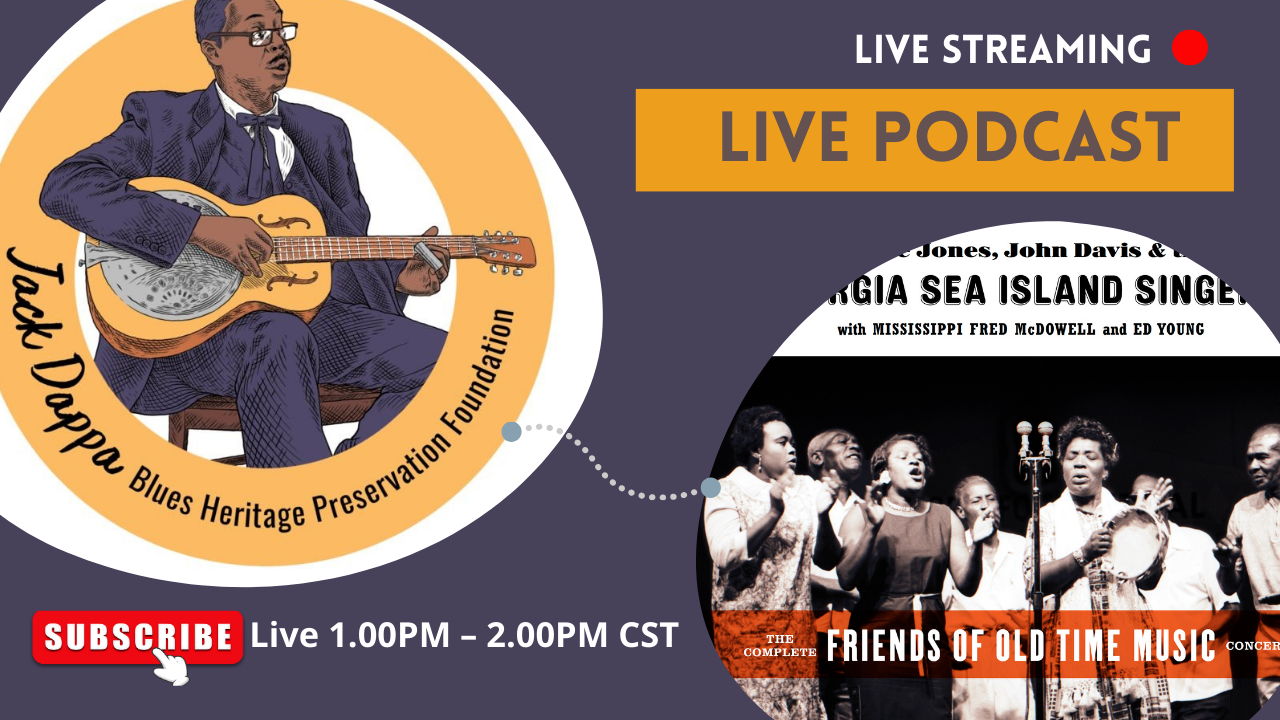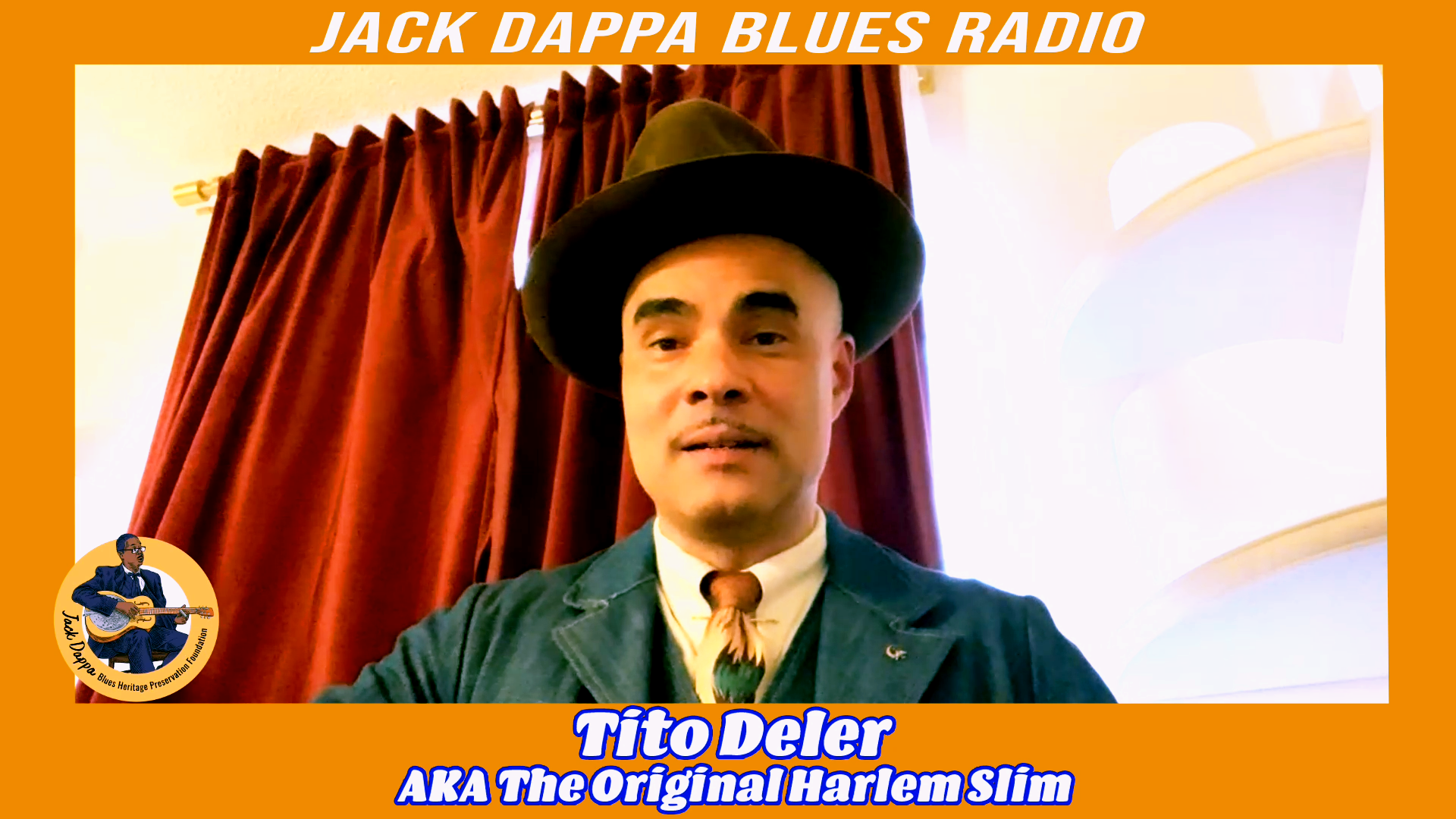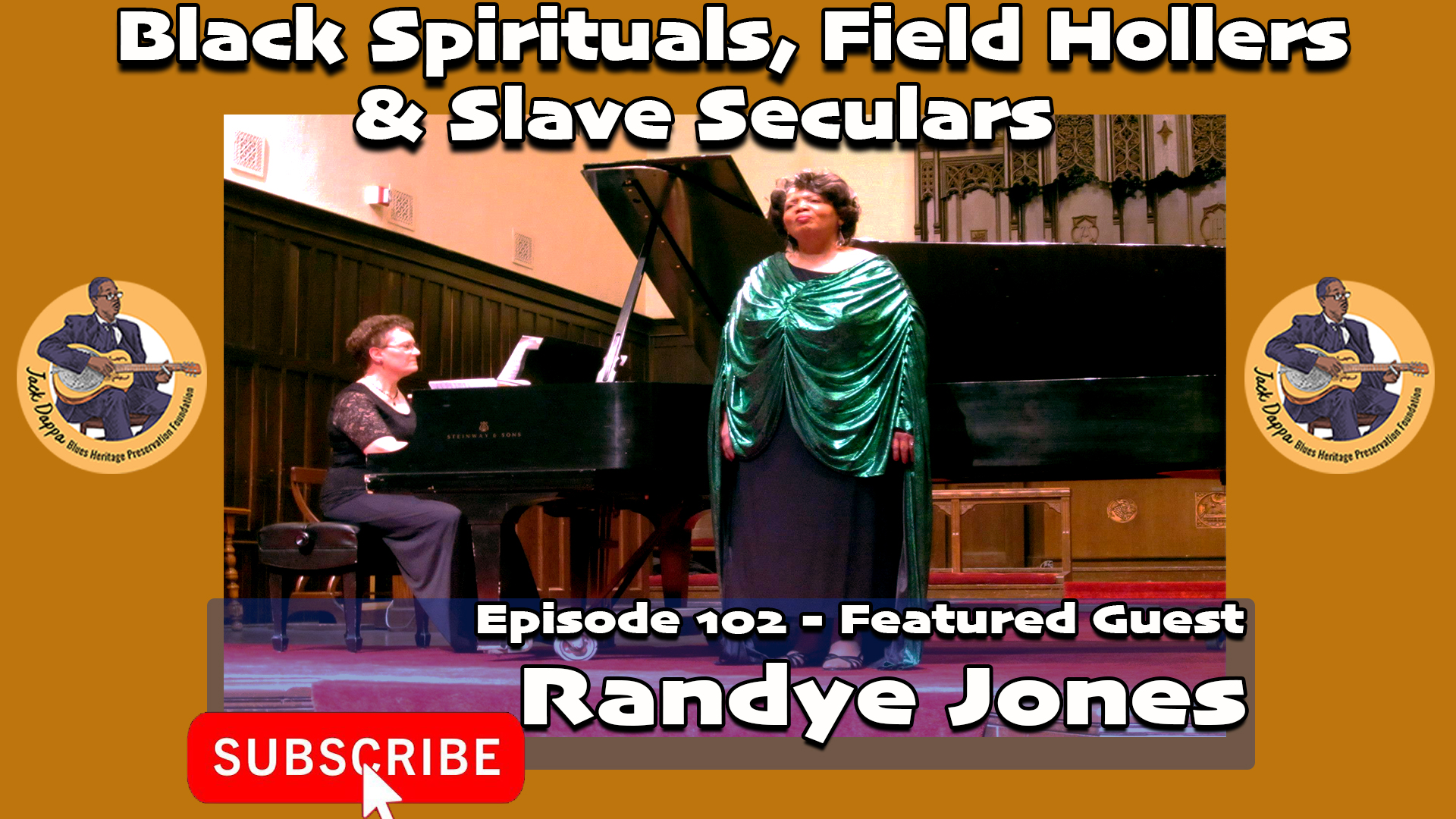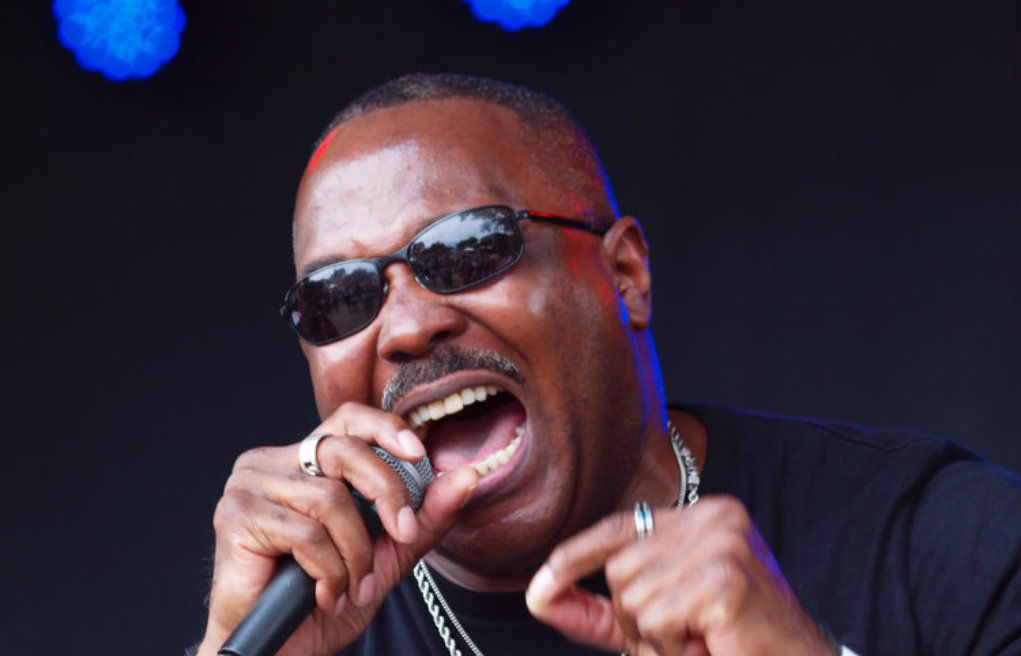Published by: Lamont Jack Pearley
Black Spirituals, Field Hollers, and Slave Seculars celebrate Black American Traditional Music and Experience. This show is dedicated to sharing and raising awareness of folklife, songs, dance, scripture, lyrics, and everything related to black Spirituals, Field Hollers, and Slave secular expressions, as well as the coded songs of Black Spirituals that were maps and landmarks for escaping bondage.
June 5th, I will be speaking with Eric Crawford, Associate Professor of Musicology, and Peter K. Siegal, Producer and American roots music archivist, about the June 14, 2024, Smithsonian Folkways release “The Complete Friends of Old-Time Music Concert” by Bessie Jones, John Davis & The Georgia Sea Island Singers with Mississippi Fred McDowell and Ed Young.
The album is a live recording of a 1965 concert that captured the intersection of Black folk traditions and civil rights activism, produced and hosted by Folklorist Alan Lomax and recorded by Peter K. Siegal.
The Liner notes, and essay are written by Eric Crawford, whose research focuses on the rich tradition of Gullah music. Crawford has also written books titled Gullah Spirituals: The Sound of Freedom and Protest in the South Carolina Sea Islands (2021) and Gullah Culture in America (March 2023). Together with Smithsonian Folkways, they have collaborated on presenting a significant album that conserves black expression while introducing these outstanding performances to new audiences.
Press Release:
The Complete Friends of Old-Time Music Concert
by Bessie Jones, John Davis & The Georgia Sea Island Singers with Mississippi Fred McDowell and Ed Young
June 14, 2024 on Smithsonian Folkways Recordings
A live recording of a concert can preserve one powerful moment indelibly in time. Coming June 14, 2024, Smithsonian Folkways will release The Complete Friends of Old-Time Music Concert by Bessie Jones, John Davis & The Georgia Sea Island Singers with Mississippi Fred McDowell and Ed Young, presenting a riveting, historic look at the intersection of Black folk traditions and civil rights activism. Taken from a concert in April 1965, this recording showcases the haunting songs of the Georgia Sea Islands Singers, led by Jones and Davis–Black folk songs and spirituals that have influenced everyone from Jerry Garcia to Afrofuturist Folkways artist Jake Blount. These songs of the Gullah Geechee people of Georgia even today retain deep connections to Africa, and were encoded with powerful messages of resistance to slavery and oppression. The concert also featured the country blues of legendary singer and guitarist Mississippi Fred McDowell and Mississippi cane fife player Ed Young. It was a star-studded concert, and the excitement of these seminal musicians joining together on songs and inspiring each other is palpable. But the powerful subtext of this concert was clear even then.
“We’re on the road to world peace, and freedom, and integration,” says famed folklorist Alan Lomax brightly in his introduction to the concert. Behind him on the stage, some of the greatest Black folk singers of their time say nothing.
Their thoughts on Lomax’s overly optimistic prediction come through in the songs they presented that evening. Songs that prayed to a Biblical God for justice, songs that spoke of the pure barbarity and horror of slavery, the death and murder of so many brought from Africa over the centuries, songs that spoke of the thousands and thousands of marchers in America at that very time during the Civil RIghts movement.
“If I can’t march, I can sing,” said Mable Hillery of the Georgia Sea Island Singers, herself a noted Civil Rights activist and frequent marcher who had stayed back from protests to testify before this crowd of mostly young, white people in New York City. By bringing out an unheard tradition of Black American music and showcasing the music in such a direct, engaging way, all the performers on stage this one evening in 1965 hoped to leave a lasting mark on the audience. They reveled in playing together, and they found common ground across very different Black communities in the United States. But as Siegel pointed out, they had very clear motives for their music. “Bessie Jones and John Davis were very aware of their mission to help people understand this music,” says Peter Siegel, who recorded the original concert. “Where it came from and how it could inform the future.”
